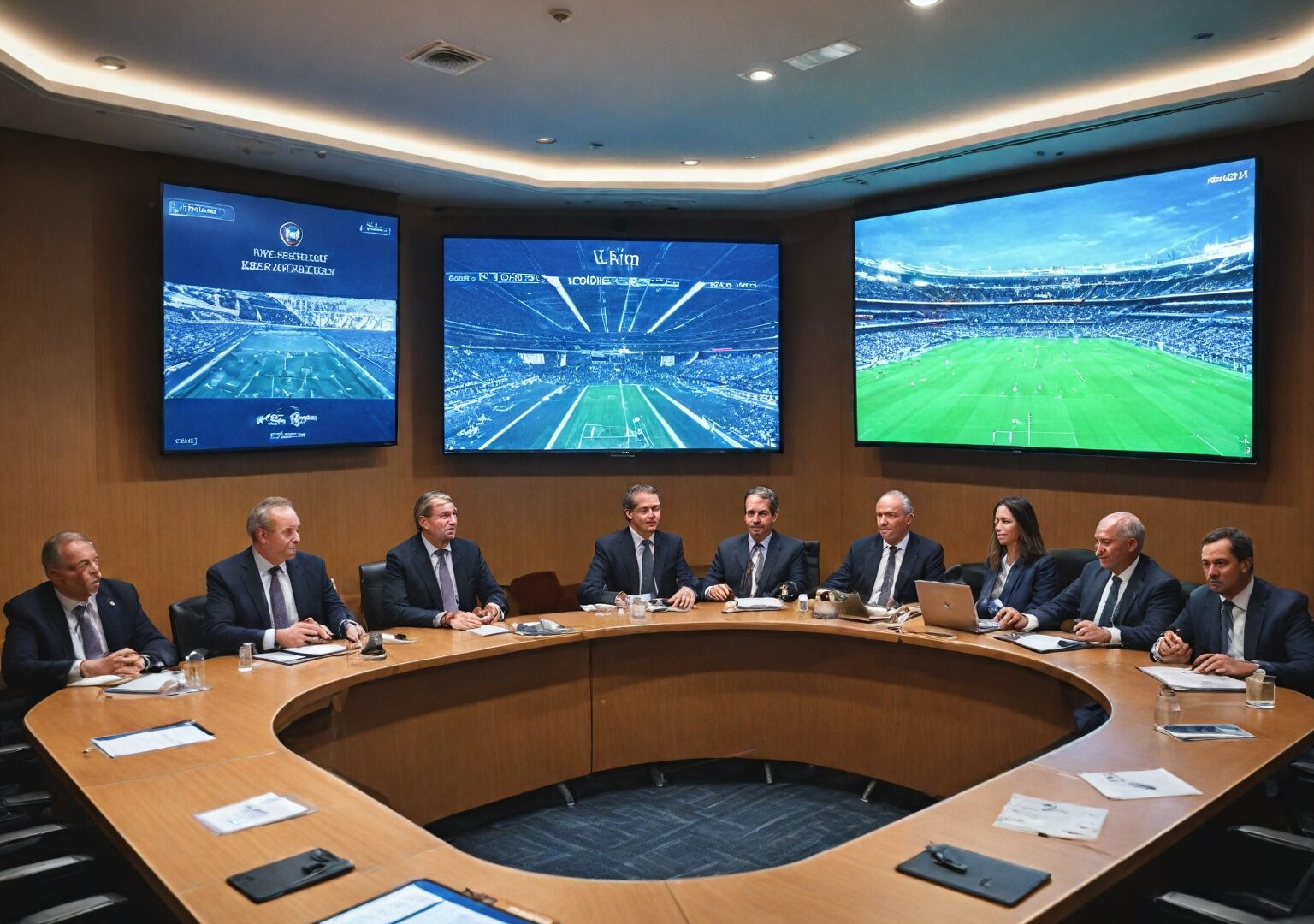Highlights:
– FIFA to launch new blockchain network for NFT collectibles using Ethereum Virtual Machine compatibility.
– FIFA Collect official NFT collection to migrate from Algorand to FIFA Blockchain.
– FIFA’s move showcases a growing interest in NFTs and Web3 gaming.
FIFA Embraces Blockchain and NFTs
The announcement of FIFA’s plan to launch its own blockchain network to support non-fungible tokens (NFTs) has stirred significant interest in the digital asset space. With the introduction of the “FIFA Blockchain” and its compatibility with the Ethereum Virtual Machine, FIFA aims to enhance performance, introduce new features, and improve scalability for its NFT collectibles. The decision to migrate its official NFT collection, FIFA Collect, from the Algorand blockchain to the new network signifies a strategic shift towards embracing blockchain technology in the world of sports collectibles.
This move not only demonstrates FIFA’s commitment to innovation but also reflects a broader trend within the sports and entertainment industry towards leveraging blockchain and NFTs. By integrating blockchain technology, FIFA aims to offer collectors a more seamless and secure experience while also tapping into the growing popularity of NFTs. The decision to transition to the new blockchain network is set to commence after May 20, with clear instructions provided to NFT holders on how to navigate the migration process, ensuring a smooth transition for users.
FIFA’s Expansion into NFTs and Web3 Gaming
FIFA’s foray into NFTs and Web3 gaming represents a strategic effort to engage with fans in new and innovative ways. The launch of its NFT collection ahead of the 2023 Club World Cup in collaboration with blockchain firm Modex marked FIFA’s initial step into the world of digital collectibles. Subsequently, FIFA partnered with blockchain gaming studio Mythical Games to introduce FIFA Rivals, a soccer game accessible on iOS and Android devices. The development of FIFA Rivals aims to provide fans with an interactive platform to manage their football clubs and compete against other players in real-time.
The upcoming full release of FIFA Rivals in the summer of 2025 is anticipated to attract a large audience, with CEO John Linden suggesting that the game could draw over 100 million gamers. Leveraging blockchain technology and NFTs in gaming not only enhances user experience but also opens up new revenue streams and engagement opportunities for sports organizations like FIFA. As FIFA continues to explore the potential of NFTs and blockchain in enhancing fan experiences, the intersection of sports, technology, and digital assets is poised for significant growth and disruption.
Implications and Future Prospects
FIFA’s initiative to launch a blockchain network for NFT collectibles and its expansion into Web3 gaming underscore the organization’s forward-thinking approach to engaging with fans and embracing digital innovations. By leveraging blockchain technology, FIFA not only enhances the authenticity and security of its collectibles but also opens up new avenues for fan interaction and monetization. The migration to the new FIFA Blockchain demonstrates a commitment to staying at the forefront of technological advancements in the sports industry.
As other sports entities take note of FIFA’s moves in the blockchain and NFT space, we may see a broader adoption of digital assets in sports memorabilia and fan engagement. The potential for blockchain to revolutionize the sports industry by offering enhanced fan experiences, transparent ownership, and decentralized gaming ecosystems is vast. With FIFA leading the way, the convergence of sports, blockchain, and NFTs is set to redefine how fans interact with their favorite teams and players in the digital age.
In conclusion, FIFA’s embrace of blockchain technology and NFTs signifies a transformative shift in the sports industry towards digital innovation and enhanced fan engagement. How will other sports organizations follow suit in leveraging blockchain for fan experiences? What impact will FIFA’s move have on the broader adoption of NFTs in sports memorabilia? How will fans respond to the integration of blockchain technology in their favorite sports games and collectibles?
Editorial content by Finley Adams


